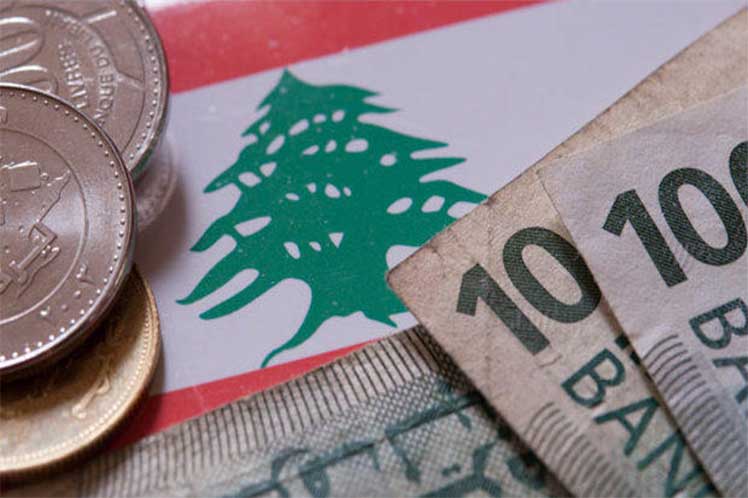The Lebanese pound has fallen in the last few hours by more than 100 percent of its value against the US dollar and chaos was evident in several major cities, including Beirut, the capital.
Road blocks, attacks on institutions and clashes between protesters and authorities characterized the national situation that left 20 injured.
Lawmaker Mohammad Hajjar, from the Future Movement party, said that fears of a civil insubordination increased as a result of the currency collapse and the stagnation in forming a government.
The currency’s depreciation reached a historic low record of 18,000 Lebanese pounds per US dollar in the informal market from the official rate of 1,500.
This fall coincided with the deficiencies of the state power firm Electricite du Liban, which barely guarantees two hours of electricity service, the closure of gas stations due to fuel shortages, as well as a shortage of medicines and supplies in pharmacies and hospitals.
Lebanon lacks an effective government since August 10, 2020, when Prime Minister Hassan Diab resigned, as he was overwhelmed by the consequences of Beirut’s port blast that left more than 200 dead and millions of dollars in damage.
jg/iff/jf/arc










